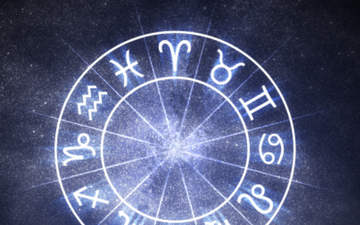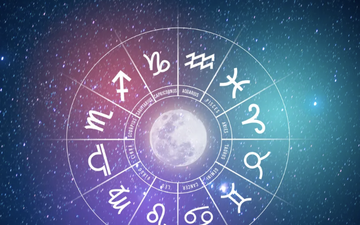
Have you ever heard of misophonia? Otherwise known as "hate of sounds". If you think you are the only one, it is not. Kant hated noise, as did Kafka, Darwin, and so on. Kant, for example, changed the apartment just because of a rooster crowing. Plato, Aristotle, and Epicurus were isolated in large private parks, and had to contend only with the noise of hedgehogs, similar to that of a baby.
The philosopher Arthur Schopenhauer (1788-1860) wrote an essay, "On Noise", in which he linked misophony to intellect and creativity. Of course, not all noises. Schopenhauer mostly "attacked" the noise of the whiplash in the narrow streets, the hammer, the barking of dogs and the screams of children. But the most unbearable for him, was the collision of the whips.
So not every noise is "hateful", even according to him. He showed that he liked natural sounds like birds singing, a gurgling river or crashing sea waves, but not to say: an air conditioner buzzing, people screaming, and so on. If it is something important, meaningful or beautiful, the sound is less likely to make noise. On the contrary, he is destructive, ugly and meaningless. So, according to him, noise is all that is not worth hearing and exists in a spectrum.
For Schopenhauer, genius is "the ability of the mind to focus on a single point and object." But once this accumulated mind is interrupted or distracted or dispersed, it is no better than an ordinary mind. Schpenhauer compares it to a large diamond, which if broken is no longer worth the whole, or to the dispersal of an army, which loses the power of union.
Were all these thoughts about Schopenhauer's misophony and intellect and creativity fantasy?
In recent years, researchers at Northwestern University have found that real-world creativity (though not academic test scores) can be associated with a reduced ability to filter out "irrelevant" sensory information. This type of sensory filtering helps the brain integrate ideas that are out of the focus of our attention, thus promoting creative thinking. So yes, there is something real in everything Schopenhauer says.
Meanwhile, according to UpVee , people who do not tolerate other people's noise when eating or chewing are smarter - according to data from recent studies.
Source: Psychology Today, UpVee





